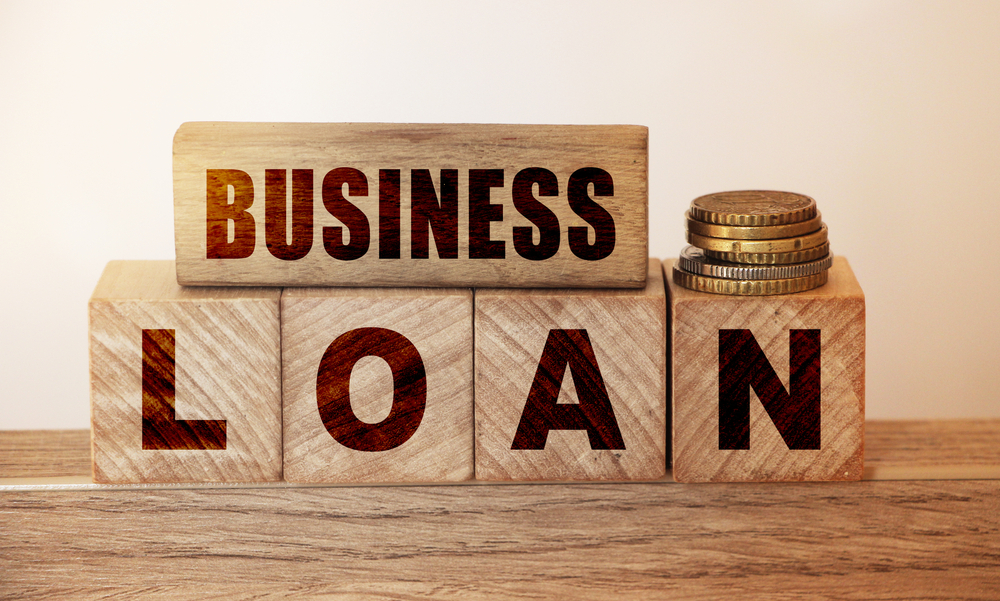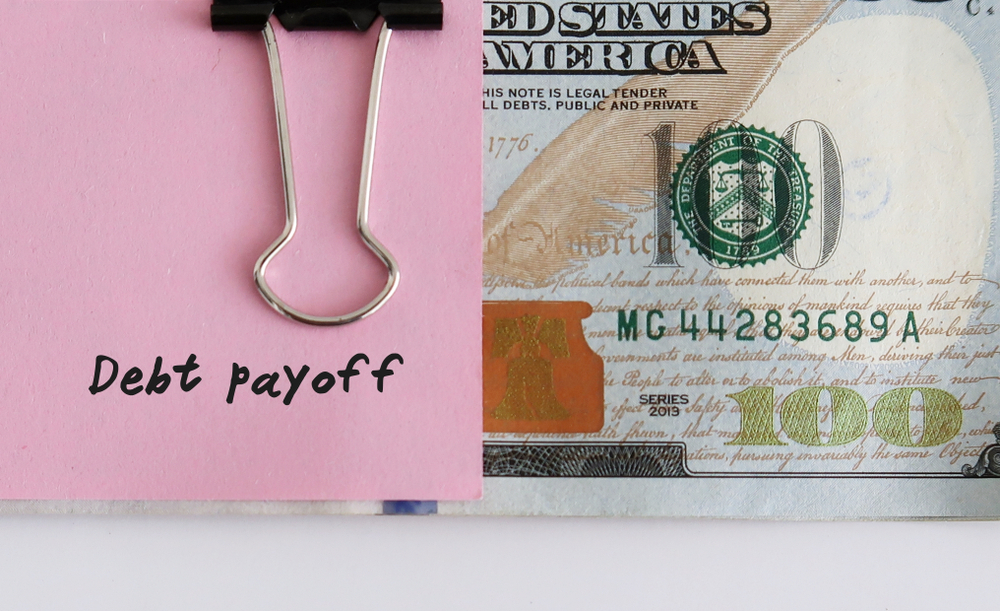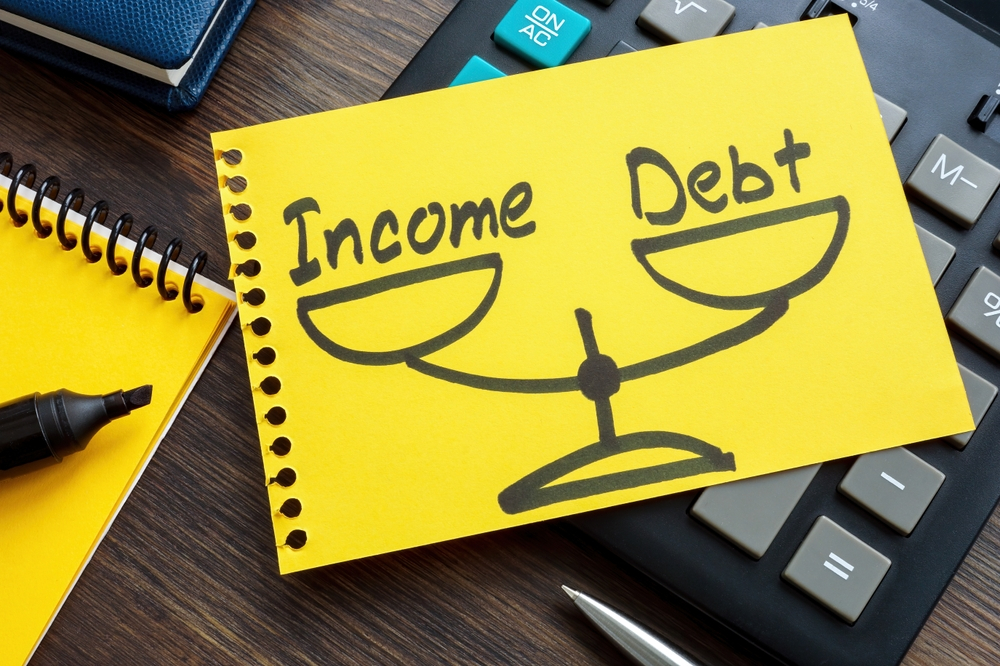The Psychological Impact of Debt and How to Cope

Debt is not just a financial burden; it carries with it a significant psychological weight. The stress and anxiety associated with mounting bills and financial obligations can affect various aspects of one’s life. Let’s explore the emotional side of debt and how to navigate it.
1. The Emotional Toll of Debt
- Stress and Anxiety: Constantly worrying about how to pay off debts can lead to chronic stress.
- Depression: The feeling of being trapped in debt can lead to feelings of hopelessness and depression.
- Guilt and Shame: Many people feel embarrassed or guilty about their debt, leading to isolation from loved ones.
- Relationship Strain: Financial stress can strain relationships, leading to conflicts and misunderstandings.
2. Physical Health Implications
Chronic stress and anxiety from debt can manifest physically:
- Sleep disturbances
- Headaches or migraines
- Digestive issues
- High blood pressure
3. Coping Mechanisms
- Open Communication: Talk about your financial situation with trusted friends or family. Sharing your concerns can provide emotional relief and might offer new perspectives or solutions.
- Professional Counseling: Consider seeking therapy or counseling to address the emotional and psychological effects of debt.
- Financial Education: Empower yourself with knowledge. Attend workshops, read books, or take online courses to improve your financial literacy.
4. Strategies to Alleviate Debt Stress
- Create a Budget: Knowing where your money goes can provide a sense of control. Allocate funds for essentials, savings, and debt repayment.
- Prioritize Debts: Focus on high-interest debts or use methods like the Snowball or Avalanche to structure your repayment.
- Seek Help: Consider credit counseling or debt management programs. Professionals can offer guidance and potentially negotiate better terms with creditors.
- Set Realistic Goals: Celebrate small victories, like paying off a particular debt or saving a specific amount.
5. Avoiding Unhealthy Coping Strategies
It’s essential to recognize and avoid unhealthy ways of coping, such as:
- Excessive alcohol or substance use
- Overeating or undereating
- Avoidance or denial of the situation
- Compulsive spending
Conclusion
Debt’s psychological impact is profound, affecting emotional well-being, physical health, and interpersonal relationships. Recognizing these effects and adopting healthy coping strategies is crucial. By addressing both the emotional and financial aspects of debt, you can chart a path towards financial freedom and emotional peace.










